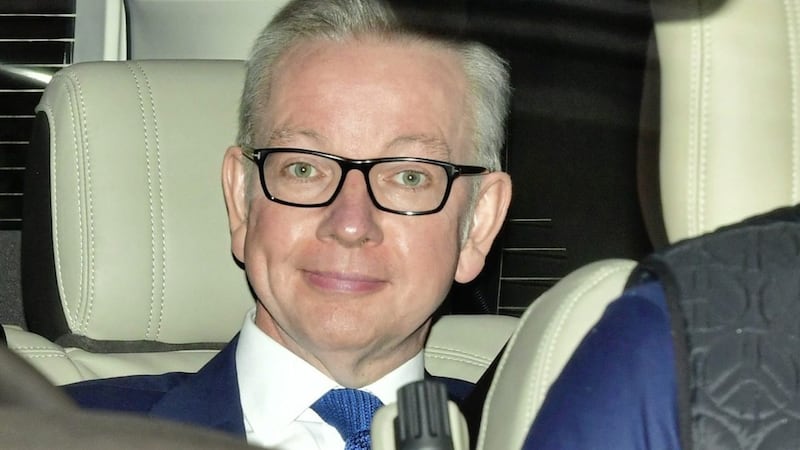Nobody can ever claim perfection in life. And everyone makes mistakes.
But it’s fair to wonder about double standards when media scrutiny prompts long-standing British politicians to reveal their past use of illegal narcotics.
After all, some of these people have held high ministerial office in the British cabinet. They have been the public face of the rule of law and democratic authority for many years. Yet several admit they previously snorted cocaine and smoked cannabis.
Most of us don’t personally know the personalities involved. But we do have a public relationship with them because their judgment can deeply affect our individual lives – especially if they become the next prime minister.
This raises questions: why do such people believe that their managed disclosure of selective historical facts about past (possibly illegal) behaviour is something commendable? Something that increases their perceived integrity? Something that makes them suitable to run government?
This isn’t about some private confessional where they are solemnly making their personal peace with past mistakes or unresolved demons. The big story isn’t even largely about their drug use.
The more fundamental issue is about the critical distinction between truth versus honesty.
We all learn that distinction as children. You know the score: only answer the questions your parents ask – truthfully, but very specifically. And often when the pressure bites and kids know they’ve been caught dissembling, they will go on the attack and play the victim card. We’ve all seen it.
Honesty, however, is a more sophisticated concept. It’s not a soundbite. It marks maturity. Honesty is about standing over life choices, giving others the confidence of your trust and then absorbing the consequences. It’s about building deeper two-way bonds, where our words cradle our values.
While truth is about technical facts (sometimes, the careful regurgitation of selected words), honesty is about the fulsome disclosure of events, experiences and feelings – almost as a moral exchange.
Personal acquaintanceship and professional association can all survive in the shallow pools of truth. That’s what some politicians are relying upon – ‘you might not like us, but at least we’re not liars’.
However, the integrity of meaningful and genuine relationships in society can only ever be sustained with the open exchange of honesty. It is hard to underestimate the damage done to human relationships when one person seeks to operate at the moral depth of honesty but then discovers that another person has acted at the level of carefully selective truth. The playing field’s not even.
Now, think about that scenario and see it from the perspective of the poorest voters who are held to a higher standard of criminal or moral judgment than the wealthy politicians by whom they are governed. And ask yourself why there is not even a major debate now about the terrible social damage of addictive substances. (Is it because so many professional people are at it?) This misuse of truth is the chess game of modern politics. No wonder public confidence needs revived.
Honesty is something that’s so much more tangible you can often see its presence (or its absence) in people you don’t even know. It’s something integral, instinctive. It’s an involuntary message, a universal body language.
A bit like noticing a stranger’s reaction as the penny seems to drop that they’ve walked into the wrong pub at the wrong time on a busy Saturday night. The eyes give it away every time.
Or a bit like the young woman sitting on her own beside me in Queen’s Theatre on Shaftesbury Avenue at the weekend. By the end of Les Miserables she was crying so much that she couldn’t even speak through her emotions.
Or a bit like Liverpool’s captain Jordan Henderson with his father, a cancer survivor, after winning the European Champions League. They tearfully hugged in a beautiful embrace that lasted almost a full minute – totally oblivious to millions of onlookers, totally unaware of the shining message in their emotional authenticity.
These open characteristics are the heart and soul of real honesty. There is nothing fake or manufactured about them – for good or for bad.
The current public disclosures from Westminster are newsworthy at a political and philosophical level. But their brand management also raises another thought for the polity in this part of Ireland.
We focus a lot on the issue of technical truth processes for dealing with our past conflict. What if we also focused on the voluntary process of building cultures around personal honesty? Where we looked each other in the eye. Where we ignored the brand management and learned lines. Where the moral vision could sweep away the mechanical script. But that’s a whole other column.








